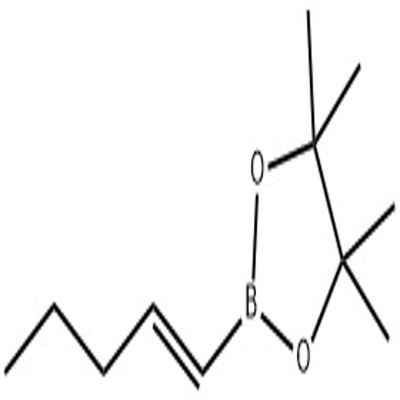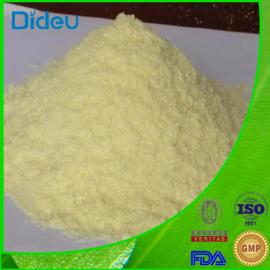Traditional methods of predicting coronary heart disease without gene transfusion
-
Last Update: 2020-02-21
-
Source: Internet
-
Author: User
Search more information of high quality chemicals, good prices and reliable suppliers, visit
www.echemi.com
Blood pressure, cholesterol level, diabetes mellitus, smoking status, etc are well-known traditional factors that can reflect cardiovascular risk With the further understanding of the disease, scientists are trying to predict the risk through genetic testing However, is genetic information superior to traditional risk factors in prediction effect? Two new studies published in the Journal of the American Medical Association (JAMA) give a similar answer - at present, the additional benefits of gene detection are limited Traditional indicators are not only tested for predicting the risk of coronary heart disease, but also practical compared with new methods Early detection of the increased risk of coronary heart disease can help prevent cardiovascular events such as myocardial infarction by changing lifestyle and taking lipid-lowering drugs Among the existing methods of risk assessment, whether it is China's assessment of 10-year risk of atherosclerotic cardiovascular disease, the American Society of Cardiology / American Heart Association (ACC / AHA) pooled the risk equation of the cohort, the QRISK score adopted in the United Kingdom, all of which take into account factors such as age, gender, blood pressure, blood fat, smoking, etc., and the European and American calculation formulas are more complex, including race , diabetes, medication and other clinical indicators However, the prediction results of these "risk calculators" are not completely accurate The comparison between JAMA and other two studies is the polygenic genetic risk score, which is to screen the tiny variation of millions of loci in individual DNA and calculate the corresponding genetic risk of coronary heart disease by weighting According to a study published in Nature Genetics in 2018, there are 6 million mutations in DNA in people who have experienced myocardial infarction At present, gene testing is increasingly used for diagnosis and treatment The first study, led by the Southwest Medical Center of the University of Texas, included 7306 subjects from the community atherosclerotic risk study (ARC) and the multi-ethnic atherosclerotic study (MESA) At the beginning of the study, their risk was assessed by polygenic genetic risk score and ACC / AHA pooled cohort risk equation The median follow-up period was about 15 years During the follow-up period, 923 patients had coronary events, including myocardial infarction, fatal coronary events, asymptomatic infarction, revascularization surgery or cardiac arrest In the analysis of the two populations, the polygenic risk score was significantly related to the risk of coronary heart disease in 10 years, but it did not significantly improve the prediction accuracy compared with the ACC / AHA pooled cohort risk equation Although the polygenic risk score corrected 5% of the individual risk, it was not completely consistent with the final actual incidence The second study, from Imperial College of technology, was larger The team included more than 350000 people without a history of cardiovascular disease from the UK Biobank During a median follow-up period of 8 years, 6272 coronary events (MI and related sequelae) occurred Similar to another study, the polygenic risk score improved prediction accuracy by only 4% compared with QRISK score in terms of pre assessment effect For the research results, the leading authors expressed similar views Although heart disease does have familial inheritance, and individual genes are important determinants, "genetics is not yet a routine clinical tool for predicting cardiovascular risk." "We should not ignore traditional risk factors and use them to develop prevention strategies," said Dr Thomas J Wang, director of internal medicine at the University of Texas Southwestern Medical Center Dr Joshua Elliott, of Imperial College of technology, also pointed out that "easy to collect information such as age, gender, blood pressure and cholesterol levels remains a powerful tool for us to predict the risk of heart disease."
This article is an English version of an article which is originally in the Chinese language on echemi.com and is provided for information purposes only.
This website makes no representation or warranty of any kind, either expressed or implied, as to the accuracy, completeness ownership or reliability of
the article or any translations thereof. If you have any concerns or complaints relating to the article, please send an email, providing a detailed
description of the concern or complaint, to
service@echemi.com. A staff member will contact you within 5 working days. Once verified, infringing content
will be removed immediately.







